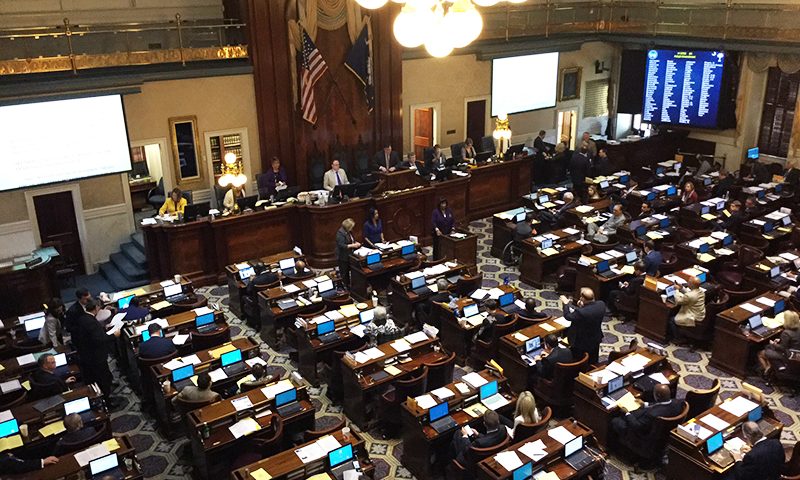
The Friday Five 1.10.20
January 10, 2020
The Friday Five 1.17.20
January 17, 2020Policy FAQ #1: How Do We Determine our Agenda?

This is the first in an occasional series of frequently asked questions that we receive from our investors.
Producing our policy agenda — and keeping it nimble enough to react to the rapidly changing political scene — is the most challenging thing we achieve each year. It’s equal parts reacting to needs, predicting the future, and expressing the business community’s aspirations.
The Upstate Chamber Coalition strives to ensure all of our 8,000 members have a voice. There are many chambers of commerce and business associations around the country that close the agenda process to all but their biggest investors.
We choose to do things differently.
Beginning in late July and running through early October, our government affairs professionals fan out across the Upstate holding dozens of meetings — Greenwood, Laurens, Clemson, Oconee County, Anderson, Easley, Spartanburg, Greer, and Greenville — to listen to businesses of all sizes about their concerns. We present to government affairs committees, industry groups, and chamber boards of directors. We also hold dozens of individual meetings with legislators and political watchers to gather information about what they’re hearing.
We distill all of those conversations into a 30-question survey. With so many issues, we can’t fully describe the issues in detail. I acknowledge that as a shortcoming of the process, but after consulting with polling experts (and after all of the input from up to 500 people), we write our survey as a list of potential policy statements that our survey-takers react to. This year, 1,425 people took our survey, slightly down from 2018, but nearly 400 percent higher than 2016.
After so many meetings, we have a good feel about the business community’s biggest concerns before we even write the survey. Businesses of all sizes are concerned about availability of talent. International businesses are concerned about trade uncertainty. Small businesses are concerned about growth and how our community is responding to their needs.
What results is an agenda that goes to each of the Upstate Chamber Coalition’s 12 chamber boards of directors and/or government affairs committees. Each chamber in our coalition has a different process for approving the agenda. In Greenville, the agenda is endorsed by the Business Advocacy Committee (which is open to all Greenville Chamber investors) and then approved by the Board of Directors. Spartanburg, Anderson, and Greer follow similar procedures.
We unveiled our 2020 agenda back in December. We hope you will continue your engagement in 2020. If you support the agenda topics, we need your help enacting them. If you oppose an agenda item, I’m always open to constructive dialogue to make our positions stronger and more inclusive.
If you have any comments or concerns, or if you want to get engaged in our efforts, please email me at [email protected].
Next week, I’ll answer: “How do we decide positions on issues after the agenda is set?”



